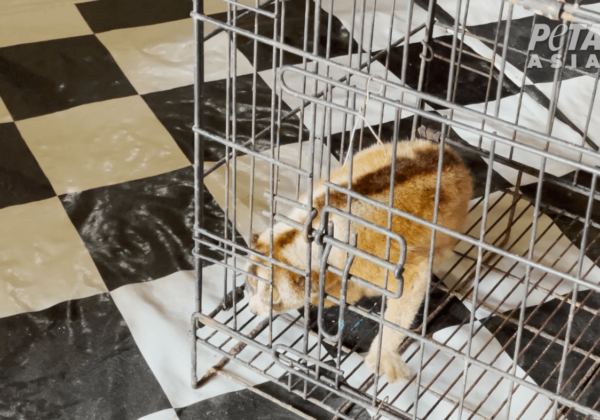Having a Wild Time
Animals forced to perform in circuses and zoos are not having fun, and the unnatural and physically demanding tricks that are expected of them do not reflect their behaviors in the wild. But animals living in their natural environment do like to have a good time in their own way, and their pastimes teach us far more about them than seeing them in zoos and circuses can.
Lions, for example, have a very highly developed social order that is based on teamwork and the division of labor. A pack of lions (called a “pride”) hunts through teamwork, and when they have rest time, they enforce their friendships with lots of affectionate purring, head-rubbing, and licking. So taking away their opportunity to hunt by keeping them behind bars removes their entire social structure—and there’s no pride in that!
Elephants have strong social bonds with family and friends, frequently caressing and touching one another and often entwining their trunks. If an absent friend returns, a hearty welcome occurs in which elephants spin around, flap their ears, and trumpet and roar with excitement!
They also play games—using their environment for entertainment by throwing objects around. Elephants young and old engage in play and trumpet in excitement during these play sessions. In zoos and circuses, these playful, sociable animals are kept confined to barren enclosures and often are forced to perform the same repetitive and painful “tricks” night after night.
An interesting study in Kibale National Park in Uganda found that young female chimpanzees choose to play with sticks as though they are rudimentary toy dolls—caring for them as they have seen their own mothers do for them. But male chimpanzees are not so keen on these girly toys! Young chimpanzees also love to chase and tickle one another, and wrestling is popular too.
Every animal has his or her own personality, and every animal feels pain and fear. Please always remember that animals are not ours to use for entertainment, so pledge to boycott zoos and circuses!
Posted by Claire Fryer










